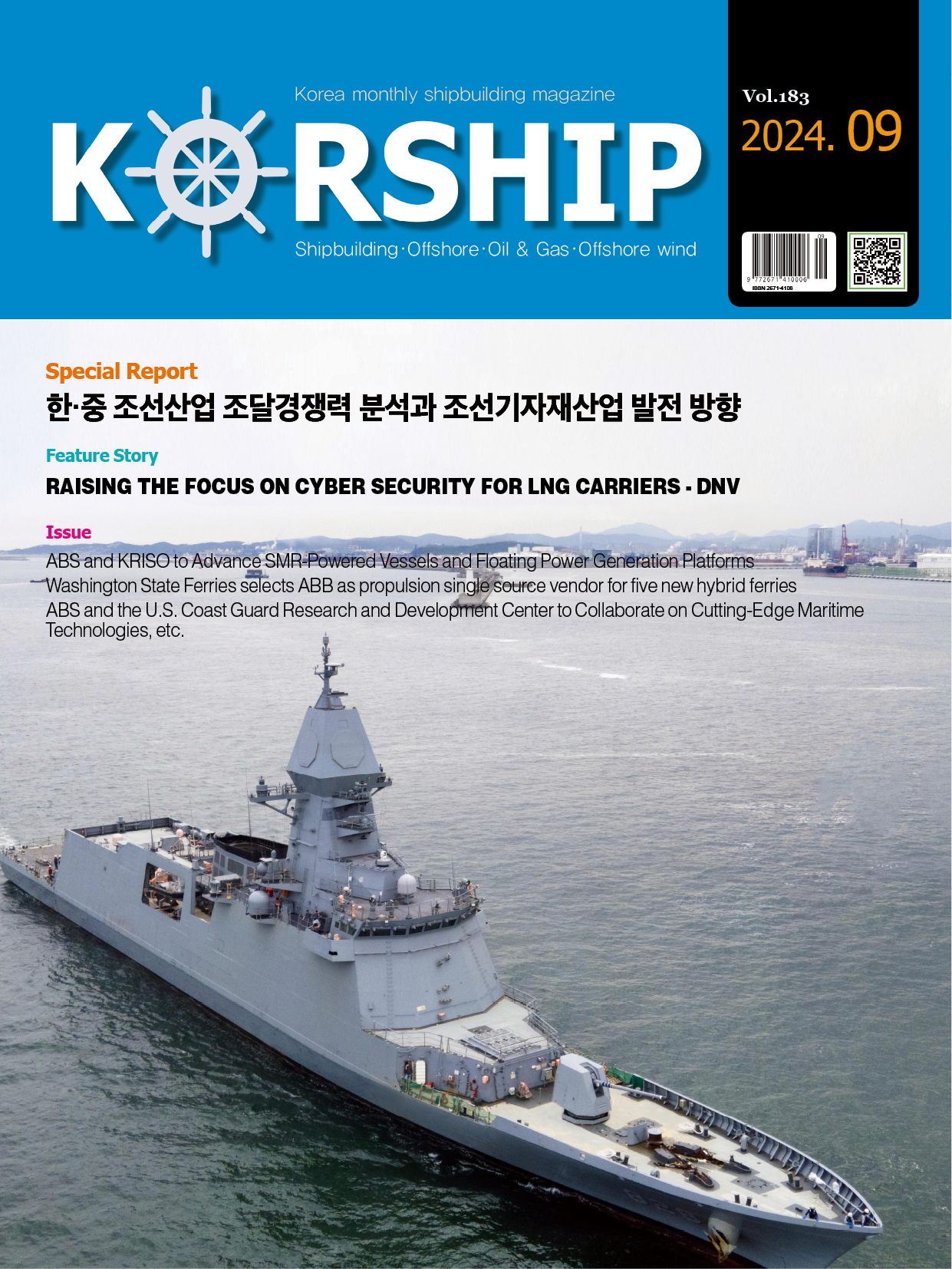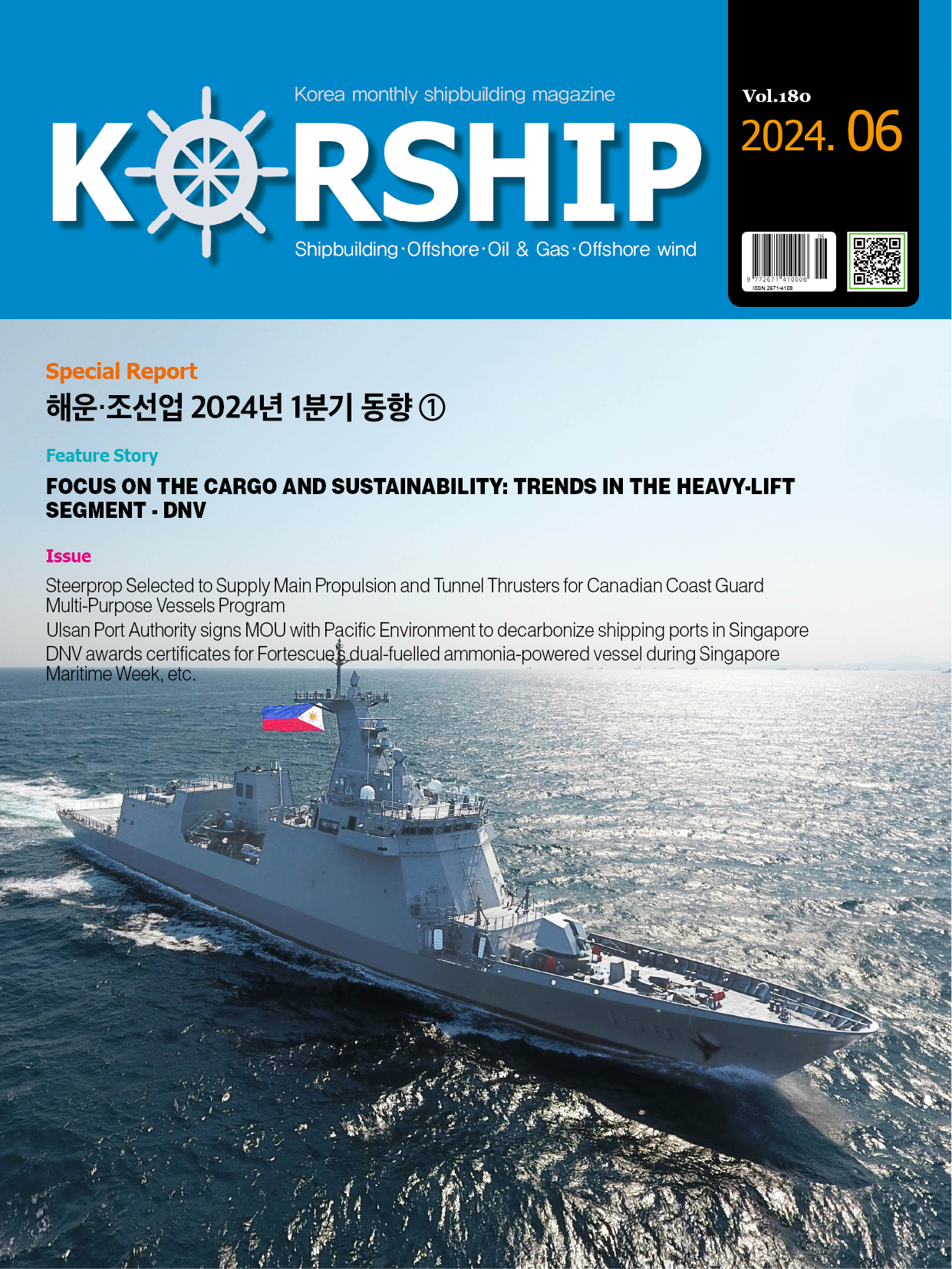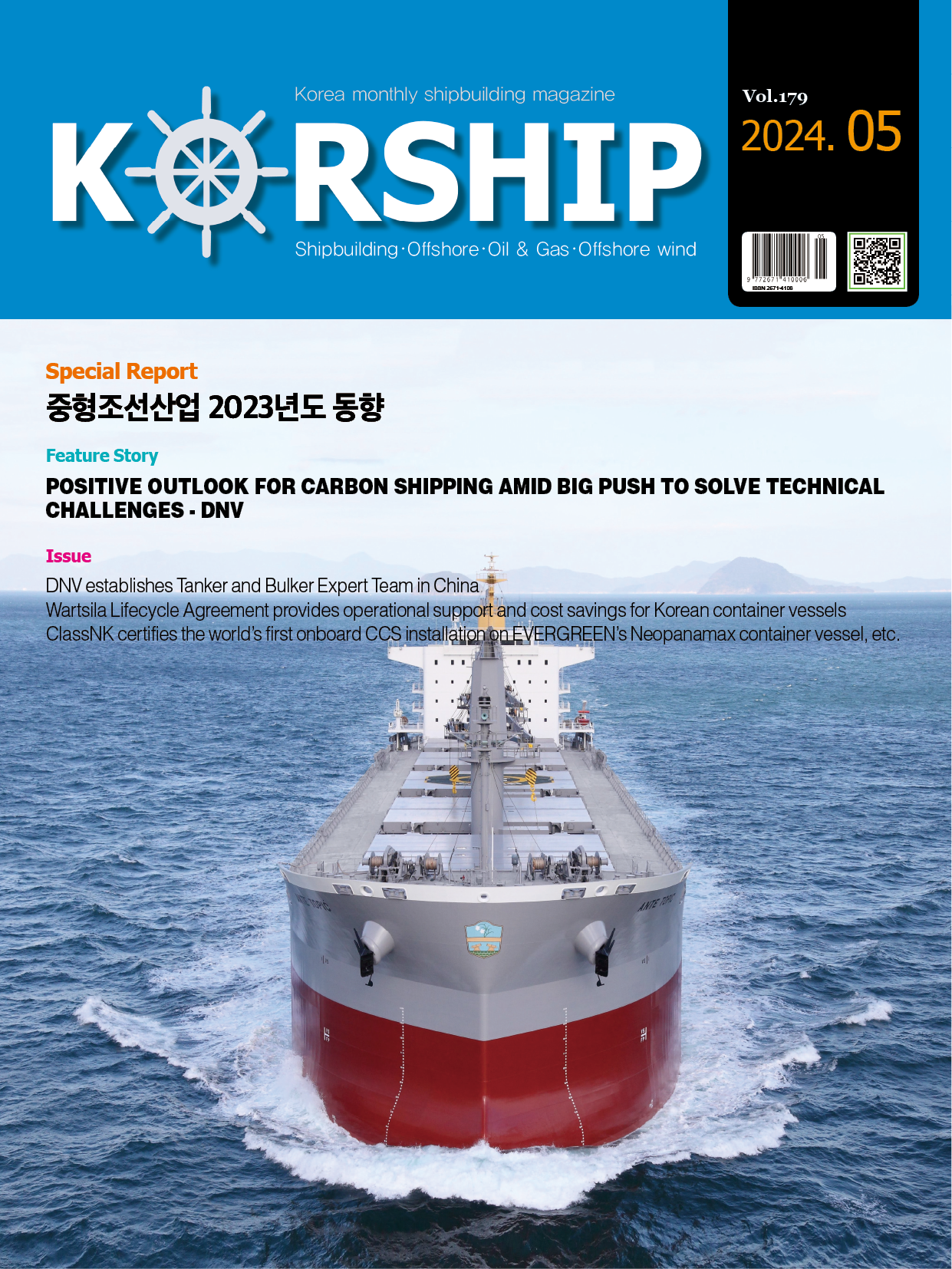ETC A broader perspective from Shell Marine’s new man at the top
페이지 정보
작성자 최고관리자 댓글 0건 조회 3,751회 작성일 19-05-29 16:09본문
New Global General Manager Joris van Brussel is taking Shell Marine’s customer-focused approach to marine lubricants development, delivery and technical services to another level
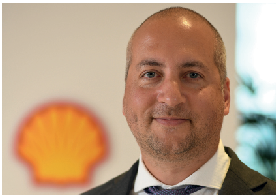
In a career with Shell, Mr van Brussel has gained experience across the group’s fuels, lubricants and renewables businesses worldwide, transferring into Shell Marine from Shell Retail International. His focus is on delivering solutions that build lasting relationships and drawing on Shell Marine’s strengths as a trusted partner to keep or create repeat business.
“In Shell Marine, I have a great team of people who are very passionate about what they do: they are part of Shell but they are also part of the marine community. We are the lubricants business but, of course, Shell as a group is an owner, a ship manager, a charterer, a fuel oil and an LNG supplier, so we look at things from a number of angles. We make our customers’ challenges our own because we ‘get’ our customers’ businesses.”
The new General Manager joins at a time of growth for Shell Marine, which in 2018 has expanded its distribution network in Spain, Chile and New Zealand. Shell has also opened new blending plants with marine lubricants production in Singapore and Indonesia within the last few years.
“Shell Marine operates across 710 ports and in 61 countries, which means we’re set up to offer the lubrication solutions and act as a partner for ship owners whatever their fuel choice,” he says. “Maintaining strong relationships and listening to our customers helps us to get our proposition across to the customer globally and locally to provide what they need. We listen in order to understand and help them. Shipowners today face pressures from regulations, new engine technology, new fuels and efficiency challenges, calling for flexibility and agility from their supply partners.
“We take a holistic approach to customer conversations, and in doing so we have developed an integrated offer to include technical and advisory services, as well as product specification, logistics and pricing,” comments van Brussel. In addition to providing optimal volumes/port liftings recommendations, Shell Marine can offer the entire lubrication management for a vessel, combining stock levels and demand planning for specific operating profiles.
“Initially, we brought our integrated offer to market under the ‘MILES’ brand,” says van Brussel, “but I believe that we are only at the starting point of demonstrating what Shell Marine can achieve as a trusted partner for integrated solutions. We will draw on shipping’s traditional preference to build on relationships that are more than simply transactional, but also on the opportunities that will come from digitalisation, including analytics, smarter algorithms and machine learning.” van Brussel is thinking specifically of new opportunities to leverage ‘Accuport’, a predictive procurement solution from Shell Marine that has so far been deployed on board 500 vessels. Developed for transparency, Accuport monitors lubricant consumption and offers advice to optimise decision-making and timeliness when it comes to delivery.
“Shell has a clear vision into 2020. We will be prepared, and we can help ship owners and charterers to make a successful transition through the 2020 sulphur cap deadline.”
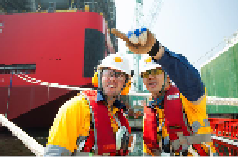
“Digitalisation is transforming the way that we and our customers work and interact. At Shell Marine, our approach is to identify problems that our customers face and see how technology can be used best to solve them. Accuport helps to take the burden away from crew and management so that products will be ready to load as they are needed. What sets us apart from others on digitalisation at the moment is that we’re actually doing things, rather than simply talking about it.”
Nevertheless, van Brussel is fully aware that shipping’s most pressing issue remains the industry’s readiness for the International Maritime Organization’s 2020 fuel sulphur cap. With some 80% of world marine fuels supplied as blends by parties other than the oil majors, variable quality from different sources threatens to become a hot topic; owners will be seeking even more security when it comes to the cylinder oils, lubricant monitoring and technical services that maintain their engines in good condition.
“We already offer a comprehensive portfolio of cylinder oils ranging from BN25 to BN140, developed to optimize two-stroke engine performance whatever the fuel choice that owners make post 2020, but we are taking the opportunity to refresh across the board”, he says Shell Marine is in the advanced stages of trialling a new BN40 oil specifically for the VLSFO fuels of 0.5% sulphur content that will dominate the market. Despite a recent commitment to fuel sulphur abatement technology by some high-profile owners, the company believes only 2500-3000 scrubbers will be in operation by 2020.
“We have the Marine & Power Innovation Centre in Hamburg, whose engineering expertise, four test engines and fuel storage capabilities represent a unique facility for marine lubricant testing. However, we’ve also invested in 1.5 years of new field trials in the Shell Alexia portfolio, including testing a new BN40 oil to run ships on fuel with 0.5% Sulphur content.” van Brussel said that, while the fuels market mix was still evolving, LNG had already secured a position as a marine fuel that was requiring widespread distribution.
“Managing the evolving product portfolio of Shell Alexia grades for 2 stroke engines and the new generation Shell Argina and Shell Gadinia four stroke engine oils will be key in the run up to January 1 2020 and beyond’’ he said. The new four stroke oils have been optimised to deal with the faster viscosity increase and BN depletion experienced by oils in modern medium speed engines.
In the future, the marine fuel market will feature greater diversity, and van Brussel also sees the need for Shell Marine to continue with its energetic program of technical services development. It makes good sense for owners to support the transition to compliant fuels by deploying services such as Shell LubeAnalyst and Shell LubeMonitor to verify the performance of their engine oils continuously, he says.
“Shell has a clear vision into 2020. We will be prepared, and we can help ship owners and charterers to make a successful transition through the 2020 sulphur cap deadline.”


